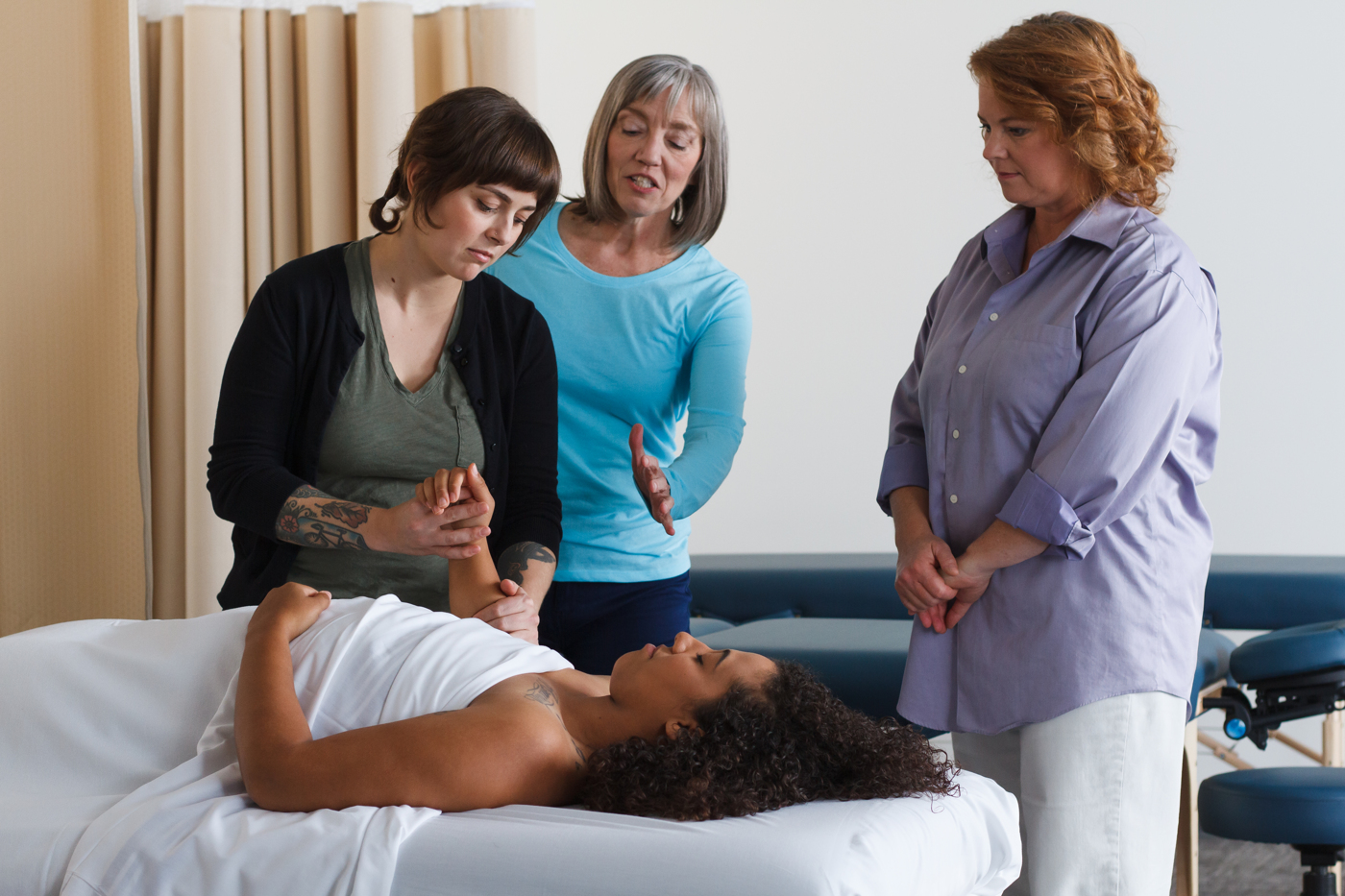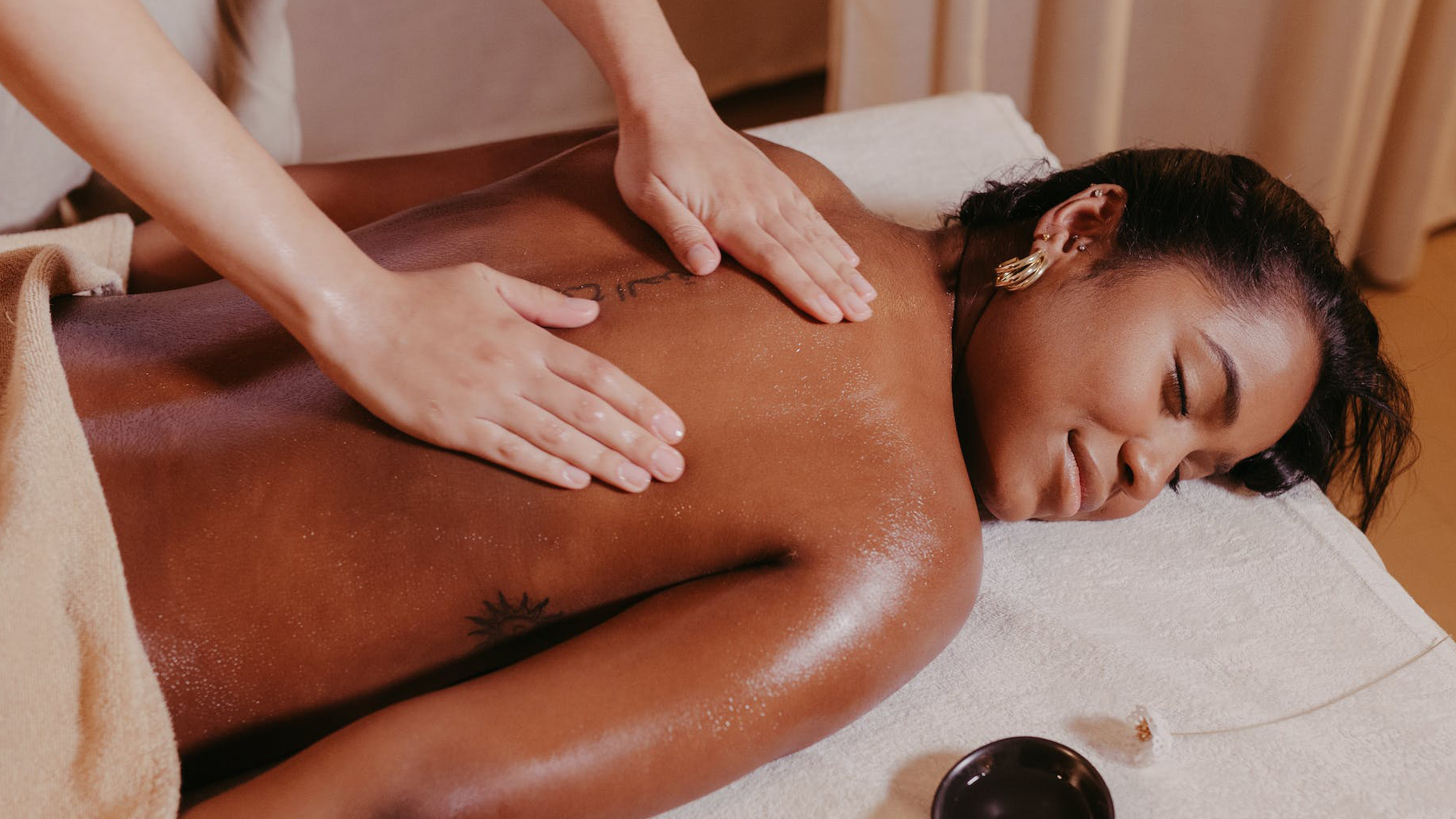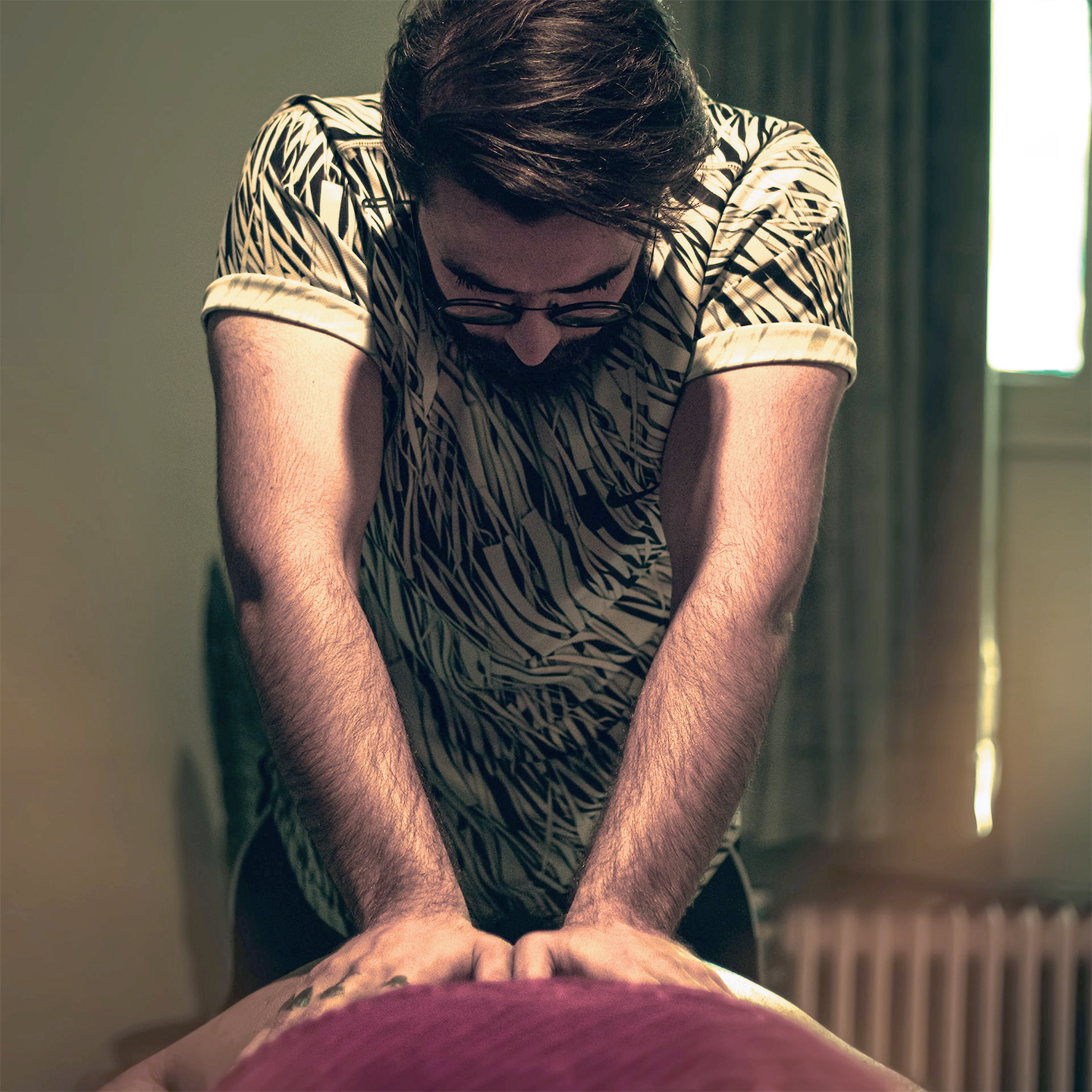The Coronavirus lockdowns have dramatically changed social engagement, not least of all how often we receive and give touch. Stuck with our roommates or family members for more than a year, the world of human contact shrunk as exponentially as the virus spread. For safety, we are still encouraged to keep a six-foot distance between ourselves and everyone outside of our immediate households, unless vaccination is complete. Our primary sense—touch—and our largest sensory organ—our skin—may be starved. How does this impact us psychologically? Are we affected by the lack of social touch, as handshakes, pats on the back and hugs have been off limits for so long? Today, let’s examine the psychological power of touch, and the body’s mechanisms for soothing, healing, and communicating via touch.
Many people have experienced a craving for human contact during the COVID crisis, but they may not be aware that this yearning has a name: skin hunger. Researchers also call a lack of positive human touch deprivation or touch starvation, and they were studying its health consequences long before Coronavirus appeared. To be clear, this type of touch need not be sensual. Certainly, receiving a romantic or sensual touch can be beneficial, but the type of contact we’re examining is positive but not sexual. Another phrase for this type of touch is social affective touch.
As we have examined in a previous post, social affective touch is critical to human development, as it allows infants to map their bodies and develop a sense of self. Children who do not receive affectionate physical contact may be developmentally delayed, with smaller brains. Touch also provides a positive reward system, healthy parent/child attachment, and even improved emotional regulation and resilience. Finally, touch can be an effective communication tool, even before children are able to use the spoken word.
The benefits of touch extend across the lifespan, and include:
- A strengthened immune system
- Feelings of reward and compassion
- Improved reciprocity in relationships
- A sense of security and trust
- Protection against stress, with those who have had a hug showing lower reactions to stress, and
- Lower systolic and diastolic blood pressure increases under stress.
How ironic that the past year’s quarantine safety guidelines restricted our bodies’ innate mechanisms for safety.
From a biochemical perspective, social affective touch triggers a release of oxytocin, the bonding hormone. Oxytocin is associated with multiple health gains. It soothes the cardiovascular system and activates the vagus nerve, the main pathway of the parasympathetic nervous system, i.e., the “Rest and Digest” system. Emotional advantages of oxytocin include increased gratitude and reduced fatigue. No wonder so many of us have felt tired and cranky during the Coronavirus crisis! As we will see, Oxytocin isn’t the only feel-good hormone released by positive social touch.
On the flip side, not receiving touch can lead to serious health issues including anxiety and depression, as Dr. Tiffany Fields of the University of Miami Touch Research Institute shows in her 2001 book Touch. The New York Times recently highlighted Dr. Fields in an article on Coronavirus-driven touch deprivation.
If you quarantined with a family member or two, consider yourself lucky. Although they may have driven you crazy at times, their presence also allowed daily hugs, high-fives, and other health-boosting touch. This contrasts with those who live alone. A story in The Independent featured Stephanie, a writer who has lived alone for years. She estimates went at least two months without touching anyone during the early days of the Coronavirus lockdowns. This lack of touch had an enormous impact on her emotionally. “I feel slightly hollow all the time and profoundly lonely,” she reported. The aforementioned New York Times article also highlighted the experience of Jo Carter, a project manager who lives alone and regularly scheduled pedicures and massages to receive dependable touch pre-pandemic. Ms. Carter reported that the lack of touch during lockdowns left her feeling restless and cranky.
She’s not alone. From the 25th of March to the 5th of May 2020, the Dr. Field’s Touch Research Institute interviewed 260 adults, and found that 43% had experienced loneliness, 58% felt isolated, and 42% reported feeling touch deprived. Like all mammals, many of us craved touch because our nervous systems evolved to associate social affective touch with well-being and safety.
How does the nervous system convey so much information? It relies on a specialized type of nerve, the C-tactile afferent. The C-tactile afferent is unique in that it doesn’t convey sensation immediately; it is the “snail mail” of touch. It takes a couple of seconds to communicate gentle stroking and other social affective touch to the brain. Once there, it signals activation in neural regions associated with reward. Oxytocin is released, as well as dopamine and serotonin. Dopamine tends to motivate behavior, while serotonin is linked to feelings of happiness. Overall, social affective touch that activates C-tactile afferent nerves helps us de-stress and boosts wellbeing.
For those with a massage therapist career, the concept of touch deprivation is probably not surprising. Indeed, massage therapy is an exceptional approach to activating C-tactile afferent nerves, which prefer touch delivered at 3-5 centimeters per second, at body temperature (so skin-to-skin contact is ideal). The social touch system evolved over millions of years, and during the COVID lockdowns whole swaths of the population have been unable to experience its healing benefits.
In a pinch even self-massage can help. By stroking the back, shoulders, upper arms, and neck, where there are high concentrations of C-tactile afferent nerves, you can reduce your own stress levels. Try it and see if you can feel signs of your nervous system relaxing. You may sense a reduced heart rate and slower breathing, for instance. Cortisol levels also fall as positive touch is experienced.
To maximize the healing benefits of social affective touch, book regular massages. Massage schools in Oregon (including the East West College massage clinic) make it affordable to receive consistent massage. Some of our clients even book a weekly massage, which is a great habit for preventative care.



